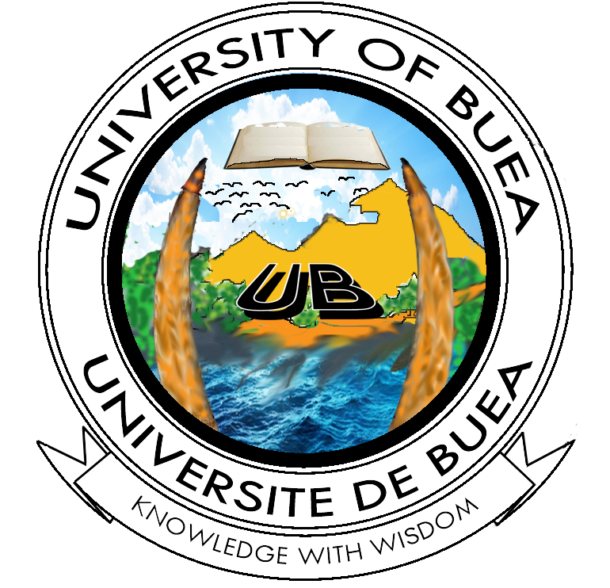Duration: 3 years
Fee Paying: No
Admission Requirements
In addition to the general university requirements candidates must obtain a minimum of grade D at the Advanced level in Physics and Mathematics. Preference would be given to with holders of the technical GCE and to those candidates with a pass in Advanced Level Further Mathematics.
Objectives
The Degree programme lays emphasis on the applications of Physics in the engineering sciences in general and in electronics and telecommunication in particular. It also encourages research, which would enable its graduates to be able to harness forces and exploit resources so that they can be instruments for development. In this respect, both undergraduate and postgraduate courses lay emphasis on the teaching of basic principles and on the applications of various concepts, enhanced by practical sessions.
Graduation Requirements
In order to be awarded the degree of B.Sc. in Applied Physics as a major a minimum of 180 credits (126 compulsory and 6 elective) from the approved list of courses above is required and 6 compulsory courses for a minor.
Skills Acquired
- Ability to understand the workings of the world around us and in particular the interplay between Physics and engineering.
- Ability to solve basic problems in the major branches of physics and applied physics and to manipulate some semi-industrial apparatus.
Employment Opportunities
The students will have opportunities in the following areas. As a teacher in General and Technical Secondary School for Physics both in O level and A level or as a technical staff in industries related to electronics, electrical and mechanical equipments. Be capable of pursuing postgraduate studies in physics, mathematics and engineering.
Courses
Compulsory Courses
- BCH202: Biophysical Chemistry and Bioenergetics
- BCH301: Structural Biochemistry I
- BCH302: Metabolic Biochemistry I
- BCH303: Structural Biochemistry II
- BCH310: Genetics
- BCH401: Enzymology
- BCH404: Molecular Biology
- BCH405: Metabolic Biochemistry II
- BCH412: Introduction to Biotechnology and Bioinformatics
- BIO201: Cell biology
- BIO401: Biometry and Research methods
- CHM201: General Chemistry
- CHM244: General Organic Chemistry
- CHM343: Chemistry of Organic Compounds
- MAT211: Mathematical Methods
- MCB301: General Microbiology
- MCB402: Immunology
- PHY220: GeneralPHYsics
Elective Courses
- BCH311: Tissue and Organ Biochemistry
- BCH312: Nutritional Biochemistry
- BCH409: Supra-Molecular Assembles
- BCH410: Biochemical Methods II
- BCH414: Biochemical Pharmacology
- BCH416: Clinical Chemistry
- BCH498: Research Project in Biochemistry
- BIO301: General Ecology and Conservation
- BOT201: Lower Plants
- BOT202: Higher Plants
- BOT308: Principles of Taxonomy andPHYtography
- BOT401: Plant Anatomy and Histology
- BOT412: Principles and Methods in PlantPHYsiology
- CHM312: Analytical Methods in Chemistry
- CHM325: Inorganic Chemistry
- CHM402: Chemistry and the Environment
- CHM438: Chemical Thermodynamics
- CHM441: Organic Synthesis and Reaction Mechanisms
- MLT201: Human Biology - Anatomy and physiology
- MLT202: Human Pathology
- MLT301: Haematology
- MLT302: Endocrinology
- MLT401: Clinical Biochemistry and Analytical Chemistry
- MLT402: Basic Pharmacology and Pharmacological Biochemistry
- ZOO201: Invertebrate Zoology
- ZOO202: Vertebrate Zoology
- ZOO302: AnimalPHYsiology
- ZOO402: Animal Behaviour and Evolution
- ZOO405: General Parasitology
Language Requirements
- ENG101: Use of English I
- ENG102: Use of English II
- FRE101: Functional French I
- FRE102: Functional French II


